60,000 km highways plan needs private investors
By Edit Team | June 8, 2023 12:31 pm SHARE
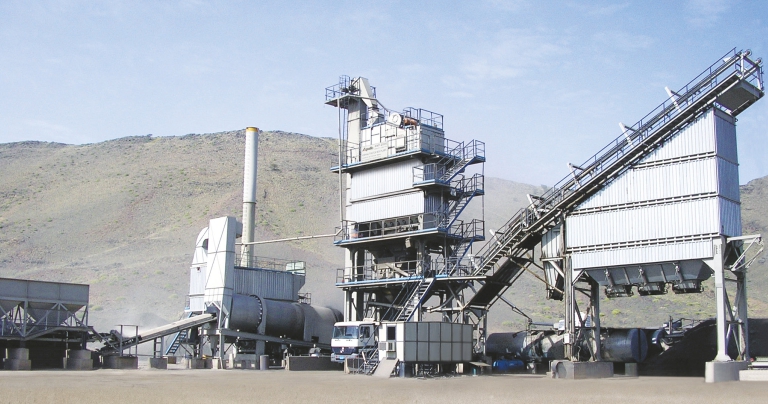
Indian government’s 60,000 km highway plan will boost the infrastructure and the economy. The following story examines the opportunities and challenges of private investments in highway infrastructure, emphasising the need for collaboration and a robust quality strategy to ensure successful outcomes.
Understanding the role of infrastructures like roads and highways including Tunnels in the economic development of the country the government has increased the capital investment outlay for the third year in a row by 33 percent to
₹10 Lakh crores (3.3 percent of GDP). India has the secondlargest road network in the world, spanning 63.72 Lakh kilometres including National Highways, Expressways, State Highways, Major District Roads,
other District Roads and Village Roads. The National Highways (including Tunnels) with a total
length of 1,40,995 km, serve as an arterial network of the country.
According to Mr. V G Sakthikumar, Managing Director of SCHWING STETTER INDIA, “The government is going all out to build new highways across the country. They’re taking some important steps to make it happen by increasing the budget for road development, making land acquisition and environmental clearance processes smoother, adopting new technologies for faster and better-quality construction, and enhancing the skills of the workforce and contractors involved in road projects.”
Commenting on these Mr. Surat Mehta, Head of SDLG Business India, mentioned that the main focus this year is completing projects on time, rather than receiving awards. Delays in recent years have been caused by factors
like rising commodity prices, challenges due to COVID, and disruptions in global logistics.
According to Mr. Dheeraj Panda, – Chief Operating Officer (Sales, Marketing & Customer Support),
Sany India & South Asia. “The construction of new roads and highways will have a positive impact on transportation and the economy. It will reduce travel time and improve accessibility between cities, towns, and rural areas. This will lead to better logistics and supply chain operations, benefitting the movement of goods.”
Road construction equipment, materials, and technology have their challenges
The road construction industry faces several challenges in today’s landscape, as highlighted by industry experts. Mr. Anand Sundaresan, Managing Director of Ammann India Pvt. Ltd., points out the increased demand for durable and sustainable roads, rising costs of raw materials, and environmental concerns as key challenges. To address these issues, advanced asphalt plants with intelligent control systems and energy-efficient features are crucial. Ammann aims to provide innovative, reliable, and sustainable solutions to enhance productivity, quality, and profitability in road construction projects.
Mr. Himanshu Agarwal, Director at Zydex Industries, sheds light on the challenges arising from construction materials. The short lifespan of bitumen roads, lasting only two to five years, exacerbates this issue. He further emphasises the importance of implementing a robust quality control and assurance mechanism to address this problem. Optimal use of materials and adherence to proper construction practices are vital for ensuring road longevity.
Innovative construction materials, and equipment
When it comes to precast methods, quality is guaranteed. In advanced construction, we’re even introducing pre-stressed roads that offer long lifespans. This is crucial because if a road is built with improper technology or mistakes, we need a way to address those errors. While precast can’t solve everything, it can address certain aspects. Constructing a road involves more than just the pavement. We have drains, footpaths, bridges, tunnels, ducts, and many other components that form a complete road network. This technology can help us achieve faster construction with improved quality and greater sustainability, as Mr. Mir Mohammad, Manufacturing Head – Precast at Suraksha SmartCity, explains.
Looking at it from the equipment perspective, Mr. Surat emphasises that equipment capacity is increasing, especially
to meet the demand for faster road construction. Although the technology for road length remains mostly unchanged, there have been significant improvements in equipment performance and capacity. The primary goal is to avoid rework and ensure the work is done correctly. Therefore, various diagnostic and monitoring techniques have been advanced to assess equipment performance.
NHAI’s Decision to welcome private investments in highway infrastructure: Opportunities and Challenges
On the other hand, Mr. Sakthikumar points out several challenges that the road construction industry may face. These challenges include striking a balance between public and private interests and expectations, ensuring fair and transparent contracts and agreements, regulating and monitoring private companies, enforcing accountability and responsibility, addressing social and environmental issues or concerns, ensuring sustainability and inclusivity, and effectively managing and resolving any disputes or conflicts that may arise among the parties involved in the highway projects.
While private investments in highway infrastructure present opportunities, careful consideration of the challenges is
necessary, including balancing interests, ensuring fairness and sustainability, and effectively managing conflicts. Collaboration and alignment between the government and private players are key to implementing a robust quality strategy and maximising the benefits of the country’s infrastructure development.
Cookie Consent
We use cookies to personalize your experience. By continuing to visit this website you agree to our Terms & Conditions, Privacy Policy and Cookie Policy.



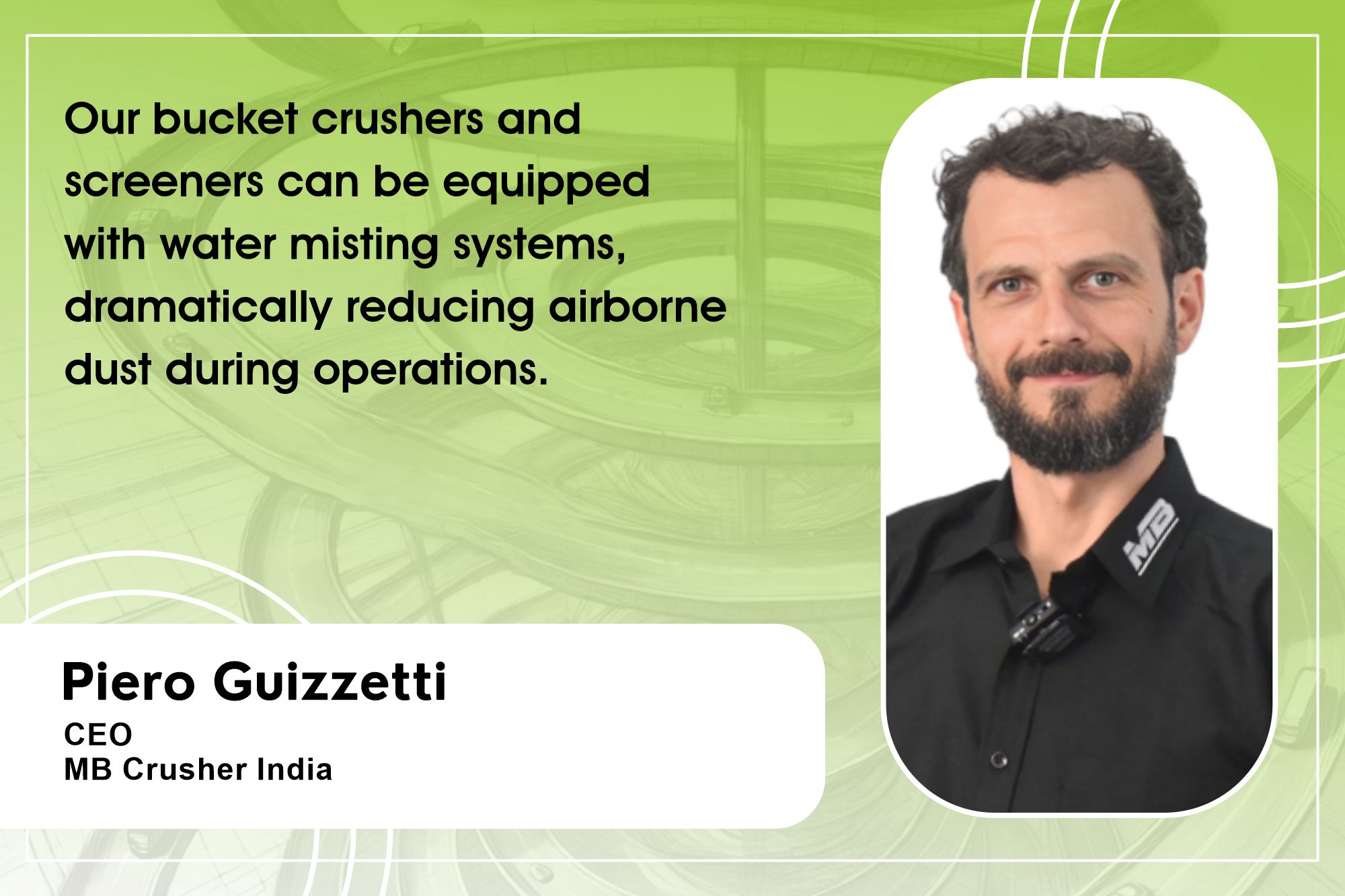

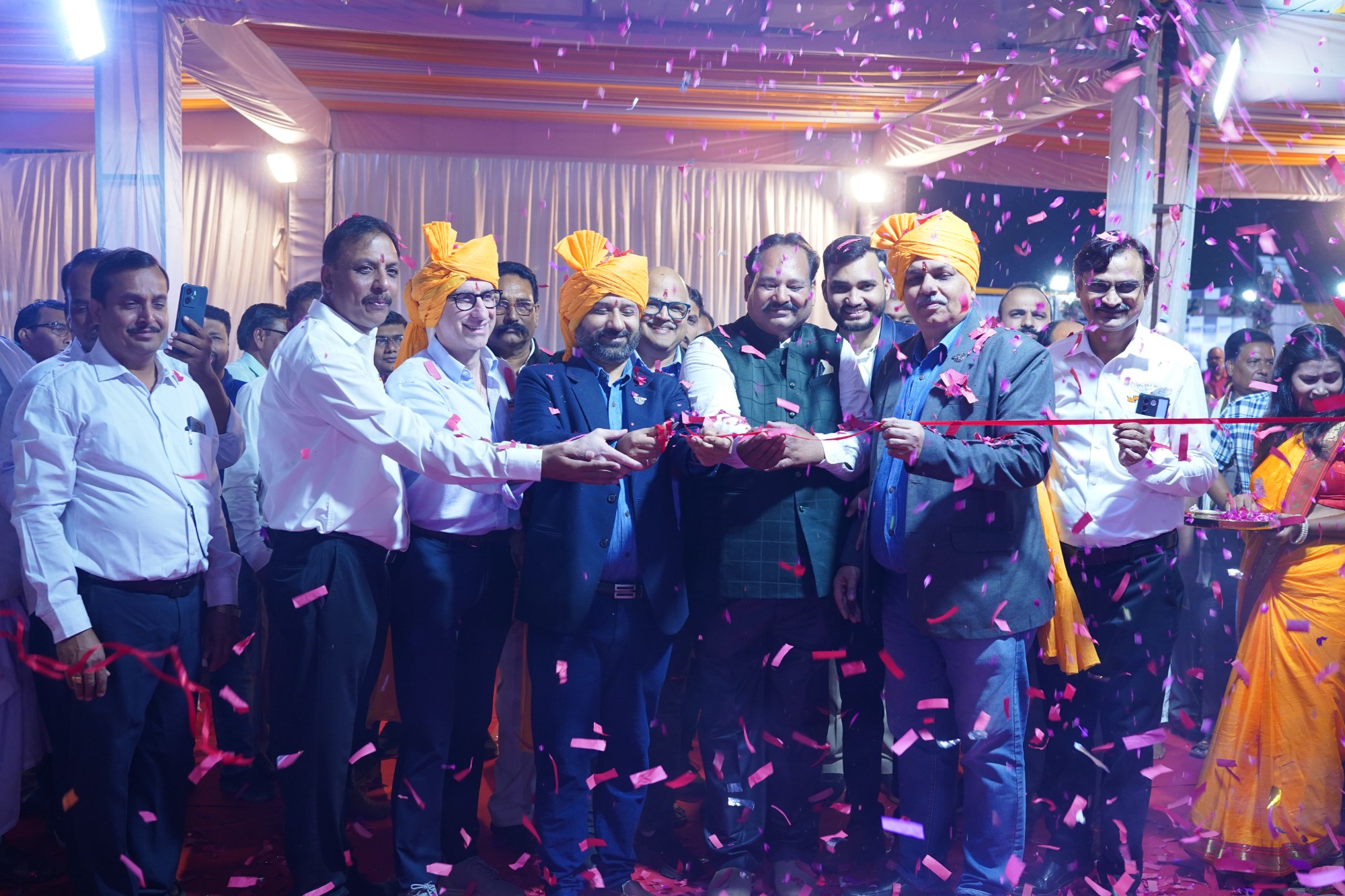

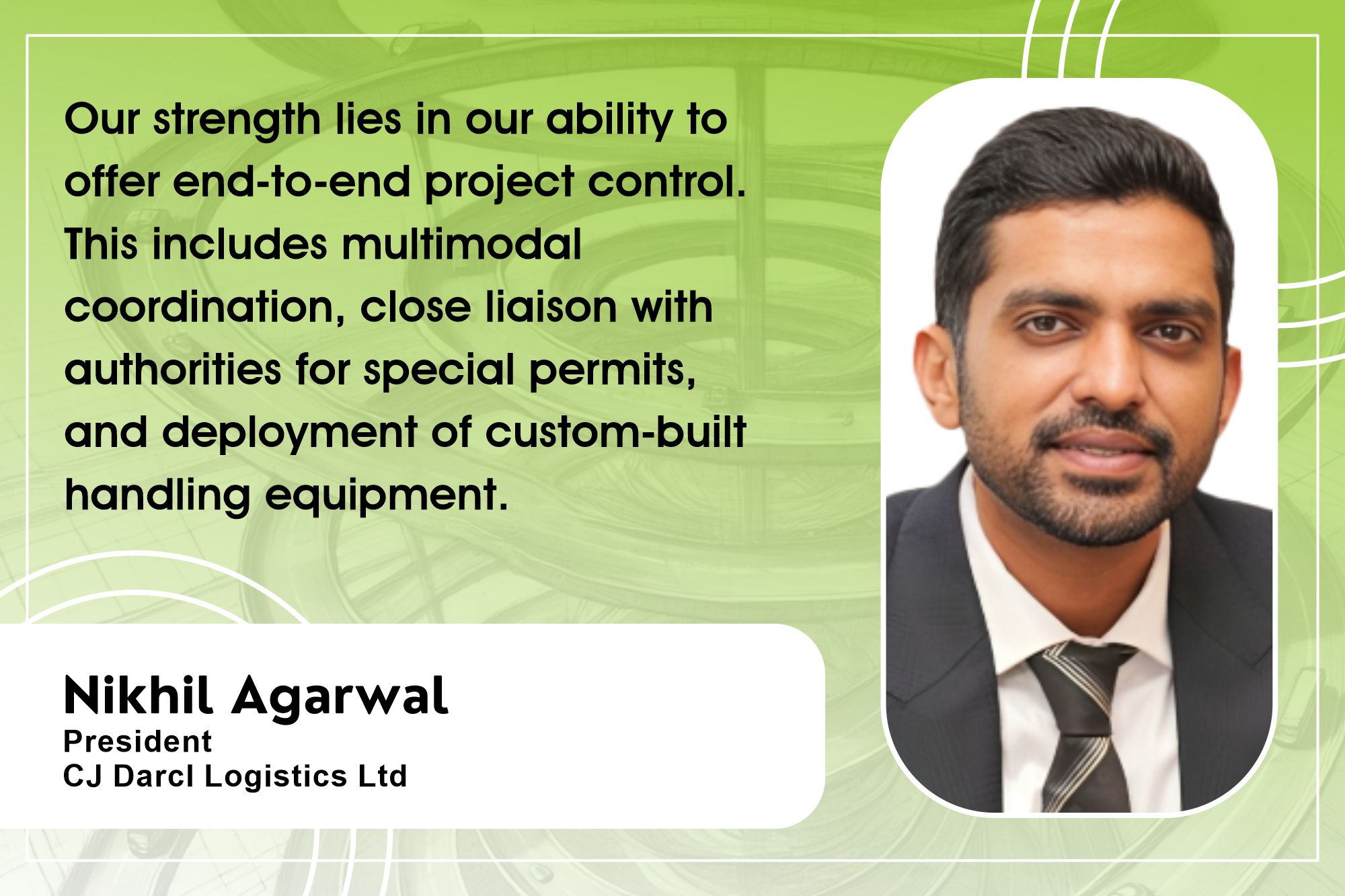
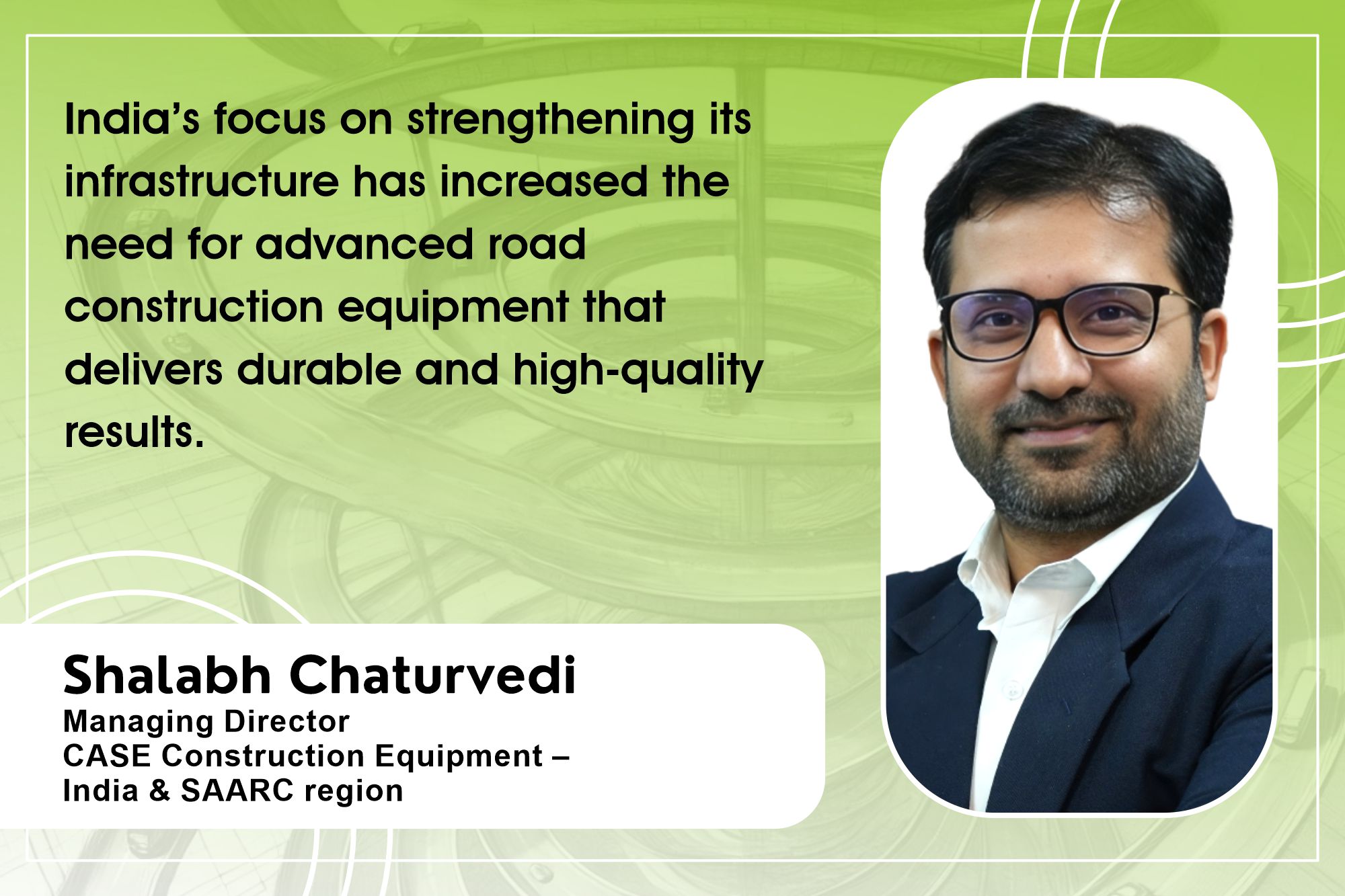



























-20240213125207.png)

























